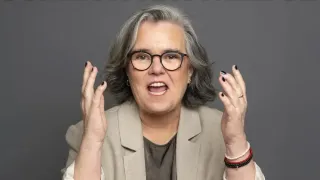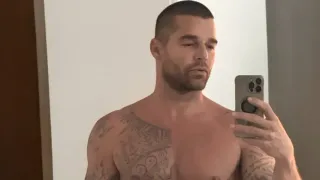April 22, 2019
Supreme Court to Take Up LGBT Job Discrimination Cases
Mark Sherman READ TIME: 2 MIN.
The Supreme Court will decide whether the main federal civil rights law that prohibits employment discrimination applies to LGBT people.
The justices say Monday they will hear cases involving people who claim they were fired because of their sexual orientation. Another case involves a funeral home employee who was fired after disclosing that she was transitioning from male to female and dressed as a woman.
The cases will be argued in the fall, with decisions likely by June 2020 in the middle of the presidential election campaign.
The issue is whether Title VII of the federal Civil Rights Act of 1964, which prohibits sex discrimination, protects LGBT people from job discrimination. Title VII does not specifically mention sexual orientation or transgender status, but federal appeals courts in Chicago and New York have ruled recently that gay and lesbian employees are entitled to protection from discrimination. The federal appeals court in Cincinnati has extended similar protections for transgender people.
The big question is whether the Supreme Court, with a strengthened conservative majority, will do the same.
The Obama administration had supported treating LGBT discrimination claims as sex discrimination, but the Trump administration has changed course. The Trump Justice Department has argued that Title VII was not intended to provide protections to gay or transgender workers. The administration also separately withdrew Obama-era guidance to educators to treat claims of transgender students as sex discrimination.
President Donald Trump has appointed two justices, Neil Gorsuch and Brett Kavanaugh.
The justices will take up three cases in the fall.
In one, the federal appeals court in New York ruled in faving a gay skydiving instructor who claimed he was fired because of his sexual orientation. The second case is from Georgia, where the federal appeals court ruled against a gay employee of Clayton County, in the Atlanta suburbs.
The third case comes from Michigan, where a funeral home fired a transgender woman. The appeals court in Cincinnati ruled that the firing constituted sex discrimination under federal law.
The funeral home argues in part that Congress was not thinking about transgender people when it included sex discrimination in Title VII.






